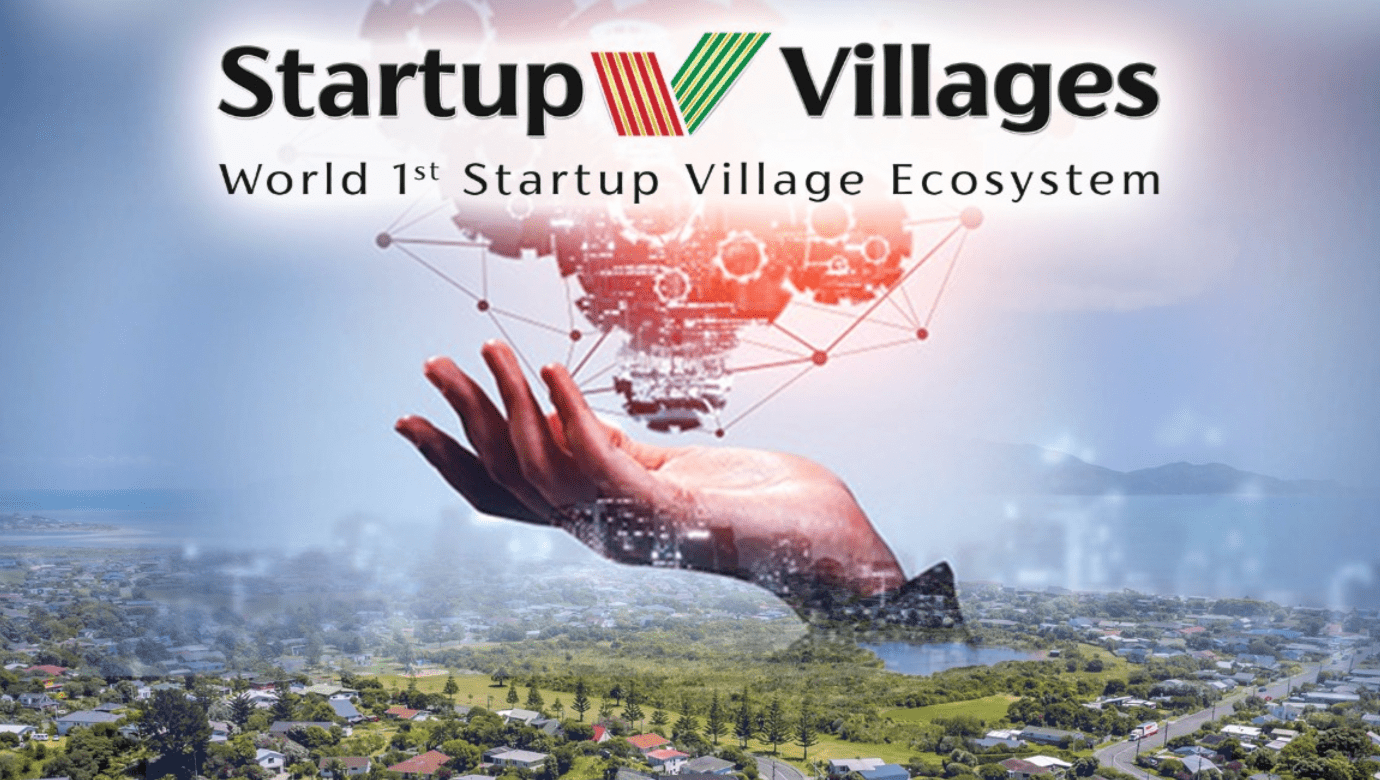
Sometime in 2008, Italy started a revolution by offering properties in villages for EUR1 to encourage people to move to rural areas. These properties range from tiny houses to larger villas. The reason is simple: dwindling or ageing population.
Cut to now, almost 7,600 Italian villages are offering this scheme.
Dr Tausif Malik, a passionate entrepreneur based in the US, sensed an opportunity. “Why not conflate the ideas of entrepreneurship and the EUR1 scheme to support entrepreneurship globally?” he thought to himself.
This led him to launch Startup Villages, a village startup ecosystem to promote villages in Italy and Japan as ideal destinations for startups and sustainable development.
Last week, e27 spoke to Malik for more details of this project.
Below are the edited excerpts:
What is Startup Villages? How and when did the idea occur to you?
Startup Villages is the world’s first village startup ecosystem to promote villages in Italy and Japan as ideal destinations for startups and sustainable development. The project is promoted by myself through my company TMA Worldwide.
The idea occurred to me in 2008 in Chicago. It was summer when I read a CNN news report that Italian villages launched an initiative to sell properties at EUR 1 as an incentive to repopulate the dying Italian villages.
Approximately 7,600 Italian villages started offering the same scheme to invite new residents. As a result, many people bought and refurbished the homes they purchased in these Italian villages, but most were holidays homes, which didn’t trigger economic activity.
Hence, I started toying with creating an economic system and blending my knowledge of reverse migration with the Italian villages, and thus, I started documenting the concept of Startup Villages.
Also Read: Sustainability: the new business reality
The idea of reverse migration idea was germinated in 2018. I established a crypto mining training programme (Bitcoin training programme) based on his theory of reverse migration.
Under this programme, we planned to train young people of Indian villages and offer crypto mining rigs. The aim was to create a sustainable economic environment in India’s villages and make the country the most prominent crypto mining hub globally. But the programme had to be shelved for some policy reasons.
Can you explain how the Startup Village project works?
We are creating a platform and ecosystem to connect the villages of Italy and Japan initially. These two countries have the developed infrastructure, and they are already offering houses for EUR 1. We will move to other global locations later.
We are already in talks with over a dozen villages in Italy.
In the first phase, we tested the idea with two municipalities and submitted the proposal. In the second, we will conduct an online awareness programme for Italian Mayors, investors, startups, and the media. The plan is to launch the signup campaign in September and run a webinar every week.

Dr Tausif Malik
In the third phase, we will sign in municipalities and do one-on-one training for them. Later, we will conduct a web conference in January 2021.
In the last phase, we will do an in-person Startup Villages conference in Italy and Japan.
The Startup Villages ecosystem will comprise the following:
- Events and meet-ups
- Communities
- Incubation and acceleration
- R&D
- Investors
- Startups
What incentives does SV provide to startups/entrepreneurs who are in moving to these villages? How many startups do you expect to join you in this project? Do you invite startups from across the world?
Italy is already offering incentives to digital nomads and whoever is interested in working remotely.
Japan is already offering cash incentives to tech companies establish in rural japan.
We are inviting startups from across the globe. The advantage is startups relocating to Italy will get access to the European Union market.
How many do you expect to come and join the Startup Villages project from the Asia Pacific?
We estimate that many APAC startups could take advantage of the Italian government’s incentives, EU market, and EU Investors.
In Japan, startups can benefit from the government’s cash incentives, the Shibuya district startup ecosystem, and the J- Startup government initiative.
As we are in phase, we can only give an estimated number of startups after some time.
What kind of startups do you target? Any specific segment/vertical? Can even an idea-stage startup join the project? How long can a startup work in these villages?
In Italy, we target startups in food, dairy, agriculture, automotive & electric vehicles, and fintech.
In Japan, we look for companies in the fintech, future technologies, drones, AI, food, and automotive & EVs sectors.
Startups of any stage can join us in this programme.
Also Read: Chototel gets you a room for US$2 a night in Dubai and Mumbai
The duration depends on the startups and how long they want to stay. But if they take any government benefit and incentives and then they have to adhere to government guidelines.
Can you shed some light on your working partnership with the respective governments of these villages/countries?
As mentioned, we are in the outreach phase, and we have submitted to two Italian villages and conducting an awareness program for onboarding.
How does the Startup Villages project boost the rural economy of these countries?
Startup Villages would be a game-changer to promote reverse migration and generate economic activity in rural Italy and globally.
Below are the advantages for the villages:
- Creates a new brand image for villages
- First-time villages to promote as a startup hub
- Startups get investments
- Startups generate economic activity
- Creates employment
- Attracts news residents and organisations
- Incentives the rural youth to stay back at home
- Generates revenues & taxes
- Develops positive media and public relations
How will startup founders cope with the expenses related to their stay and operations, especially if the startups don’t have any viable business model yet?
Entrepreneurs are hustlers; when they see an opportunity, they will grab it. Most of the successful startups are bootstrapped and don’t seek funding until they are viable.
We can’t comment on these cases. But, if startups need help, we can advise them and educated them. Then, after that, it’s up to them how they can leverage it to their advantage.
—
Image Credit: Startup Villages
The post Startup Villages helps entrepreneurs move to Italian villages and make the most of their ‘EUR1 house’ schemes appeared first on e27.

